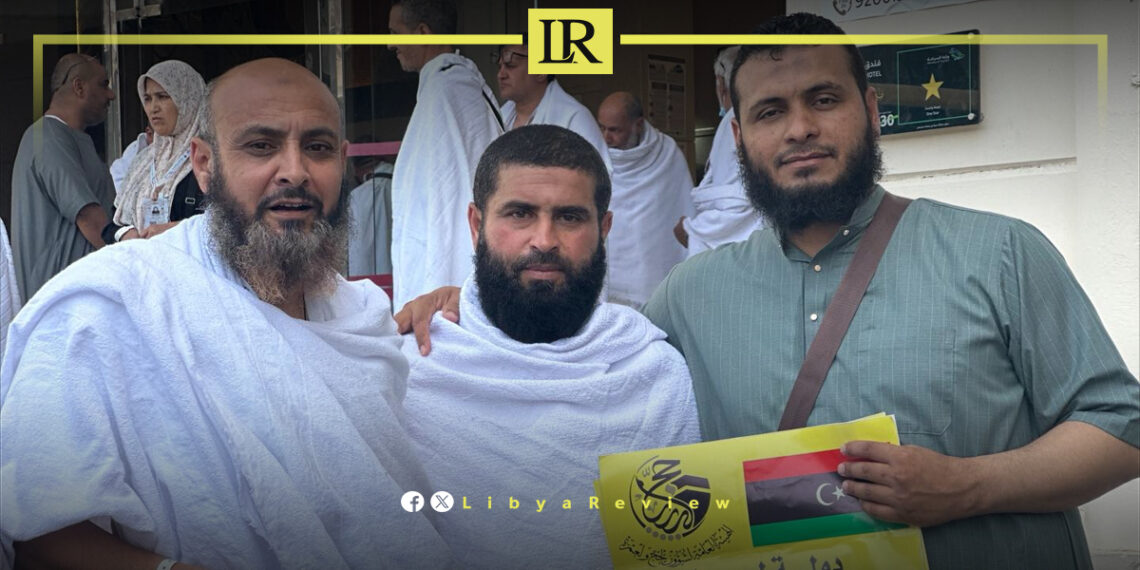Libya’s General Authority for Hajj and Umrah has announced that it will fully cover the cost of the sacrificial animals (hady) for all Libyan pilgrims during the 1446 Hijri / 2025 Hajj season.
According to Mohamed Saleh Al-Gaddafi, head of the financial committee of the Libyan Hajj mission, a contract has been signed with the Saudi Project for the Utilisation of Hady and Adahi, a government-affiliated institution in Saudi Arabia. The agreement ensures that all 7,887 Libyan pilgrims will have their hady fulfilled in accordance with Islamic requirements.
In a statement shared via the Authority’s official Facebook page on Wednesday, Al-Gaddafi confirmed that each pilgrim can verify their hady purchase online through the official platform of the Saudi project.
The announcement is seen as a step toward easing the financial burden on Libyan pilgrims, many of whom face economic challenges amid rising travel and accommodation costs.
Libya’s Hajj and Umrah Authority continues to oversee the organisation and logistical support for the country’s pilgrims, including travel, accommodation, health services, and religious obligations, in close coordination with Saudi authorities.
Libya has been in chaos since a NATO-backed uprising toppled longtime leader Muammar Gaddafi in 2011. The county has for years been split between rival administrations.
Libya’s economy, heavily reliant on oil, has suffered due to the ongoing conflict. The instability has led to fluctuations in oil production and prices, impacting the global oil market and Libya’s economy.
The conflict has led to a significant humanitarian crisis in Libya, with thousands of people killed, and many more displaced. Migrants and refugees using Libya as a transit point to Europe have also faced dire conditions.
The planned elections for December 2021 were delayed due to disagreements over election laws and the eligibility of certain candidates. This delay has raised concerns about the feasibility of a peaceful political transition.
Despite the ceasefire, security remains a significant concern with sporadic fighting and the presence of mercenaries and foreign fighters. The unification of the military and the removal of foreign forces are crucial challenges.


